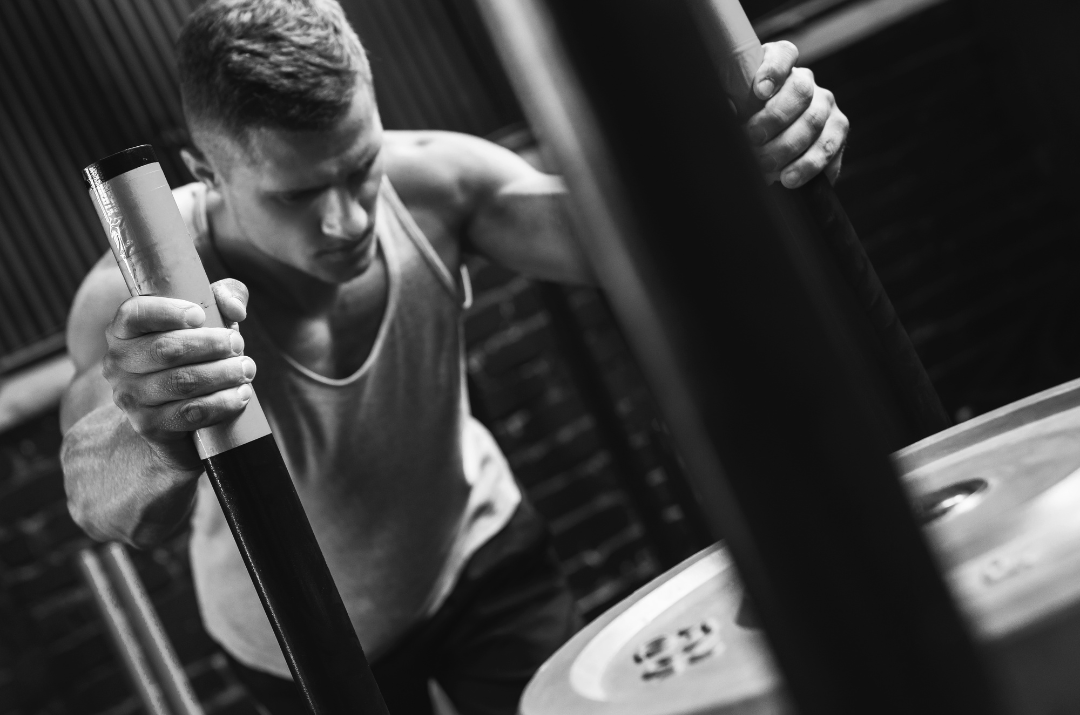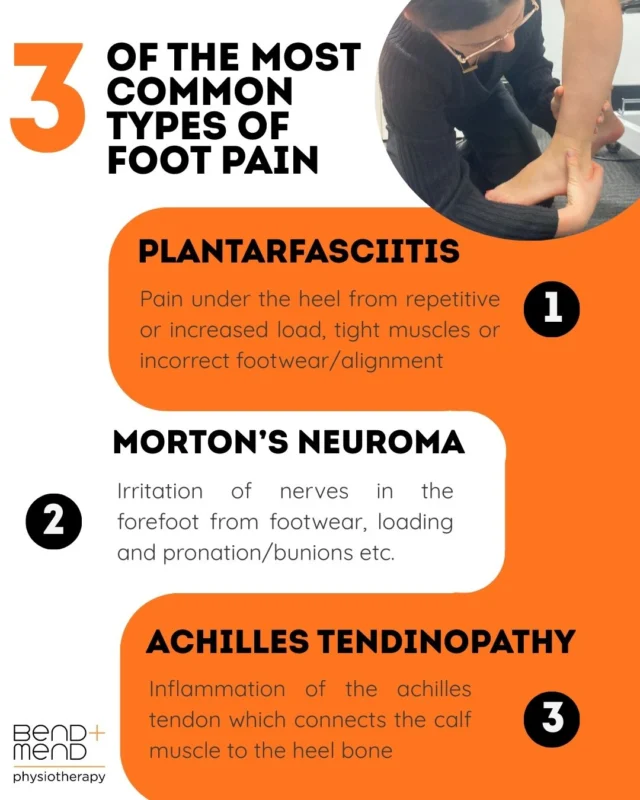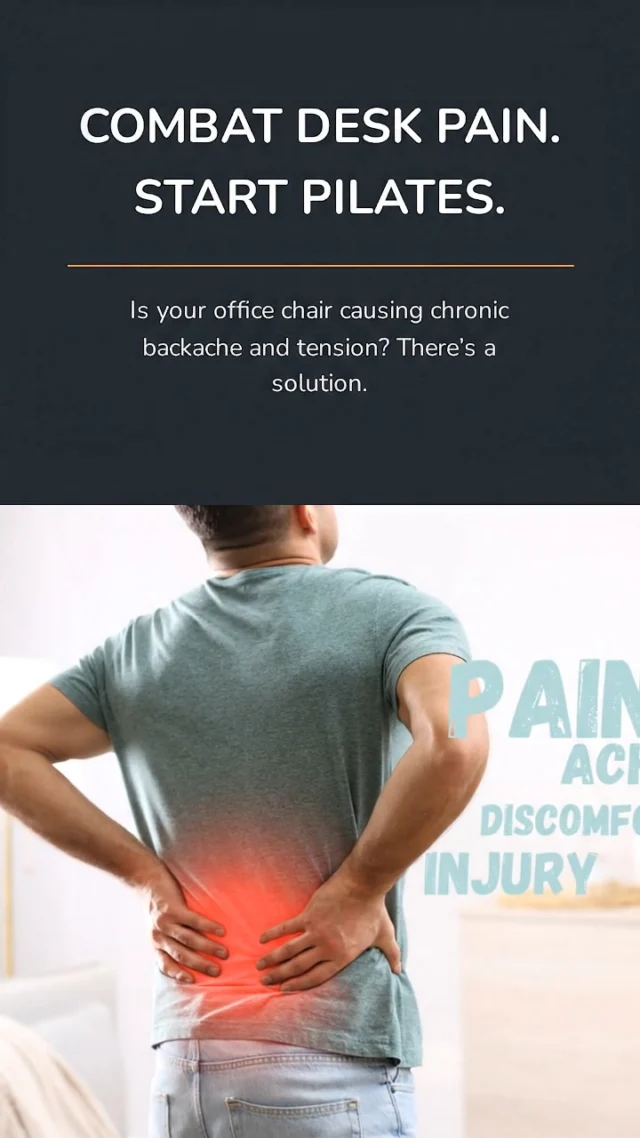Let’s debunk some common myths you hear from healthcare providers who might mean well, but are sadly lacking in the latest research information. How many of these have you previously been told?
- Your spine is “out” and needs to be cracked back in.
As someone whose joints crack at the drop of a hat, I know it can feel quite pleasant when your back lets out an audible ‘pop’. However, this is no indication that the spine is misaligned in any way, or that it needs to be “put back in”. Spinal alignment is highly variable between individuals and there is no consensus to say what “normal” or “abnormal” is.
- You slipped a disc in your back.
False. Vertebral discs are robust and strong, it is physically impossible for your discs to move except in the event of a severe accident involving the collision of a car with your spine. The image this statement creates can be scary, but your discs will never accidentally ‘slip out’ of your spine during normal everyday activities, be it running, bending down to pick up your shoes, sitting at your desk, or even with heavy weight lifting such as deadlifts or squats.
- You have back pain because of your weak core.
As a physio and Pilates instructor, I frequently hear this from patients who were told by their brother’s best mate’s second cousin that they need to “work on their core” so the back pain will disappear. Incorrect. Back pain is complex and multifactorial – in fact, all pain is complex, and there is never only one reason behind it. Statements like this is misleading and often leads to harmful beliefs.
- Your [insert body part] pain is because of poor posture.
What is a good or bad posture? Nobody can define a good posture let alone a poor one. Reason being, the human body is vastly different from person to person, and our genetic make-up determines our individual anatomy, and our habits determine our posture. What is good for one person might be terrible for another, and vice versa. Be wary if you hear this, as association between pain and posture is not proof of causation.
- You have neck pain because you spend too much time texting/scrolling through social media.
While bickering with strangers on social media about [insert controversial topic] can be a real pain in the neck (ha, see what I did there?), using your phone or tablet for prolonged periods is unlikely to be the cause of symptoms. Sure, it might be temporarily uncomfortable on your neck (not to mention your fingers), but don’t let that stop you from winning that argument on Twitter!
- Trigger points are the cause of pain and we can treat them.
This has been debunked multiple times in the last decade or more. Finding a painful point and applying pressure to it might be relieving for a short period, but it is temporary and the pain always returns. That is because these painful spots are the symptoms, not the cause, of pain.
- Don’t run because it wears out your knees and lead to early arthritis.
Not true at all. Interestingly, multiple studies have shown that long distance running is, in fact, protective against arthritic conditions. Marathoners tend to have healthier knee joints and better bone mineral density as they age.
- Imaging findings correlate to your pain.
A lot of what you see on an X-ray or MRI are incidental findings and not necessarily the cause of your pain. For example, 97% of abnormal shoulder MRI’s have no symptoms whatsoever! Of course, in the event of a serious injury, a scan can be critical in determining next stage management.
- Your hips are “out” and need to be realigned.
Unless you have been diagnosed with a rare group of connective tissue disorders, your hip and pelvis joints do not “go out of place” (otherwise known as dislocations) except in serious traumatic injuries involving high impact forces.
In summary, be skeptical of the information you receive and always ask questions. A good Physiotherapist will be open to discussion and provide you with evidence for or against what they are doing.





